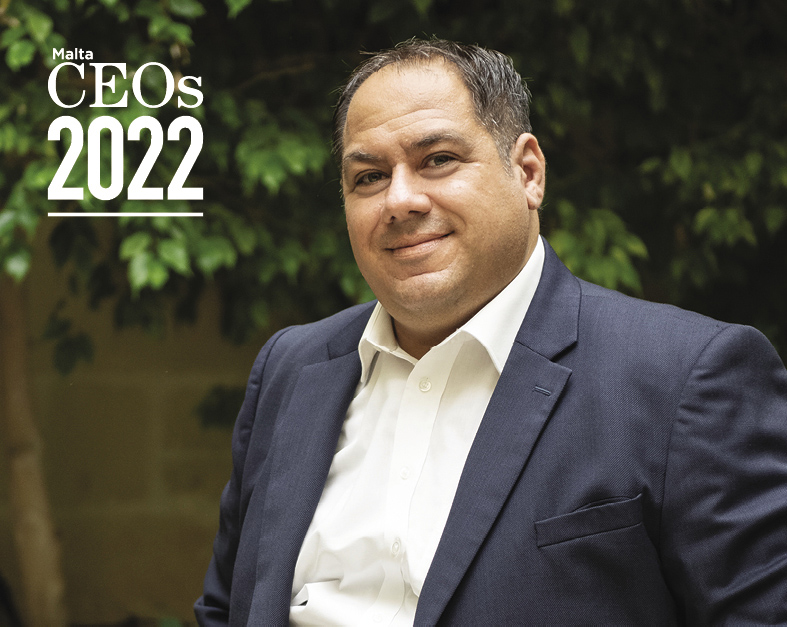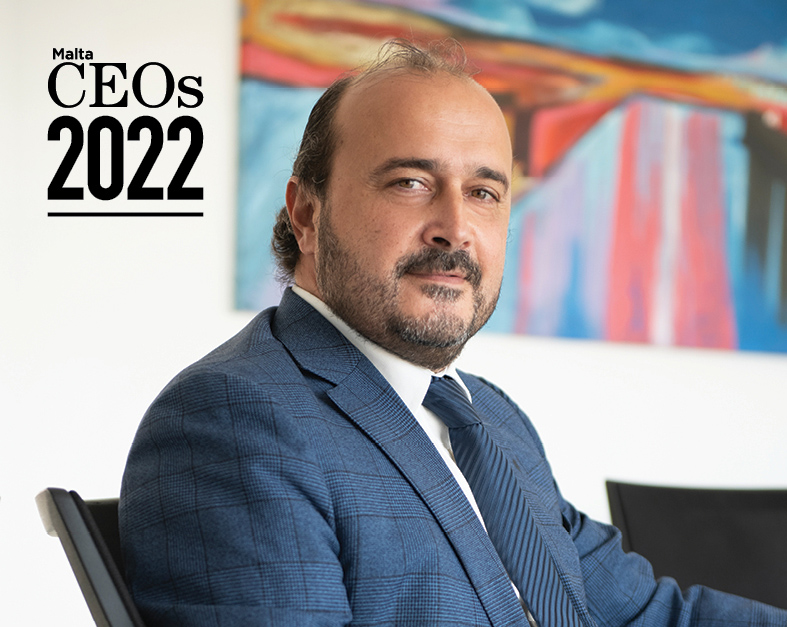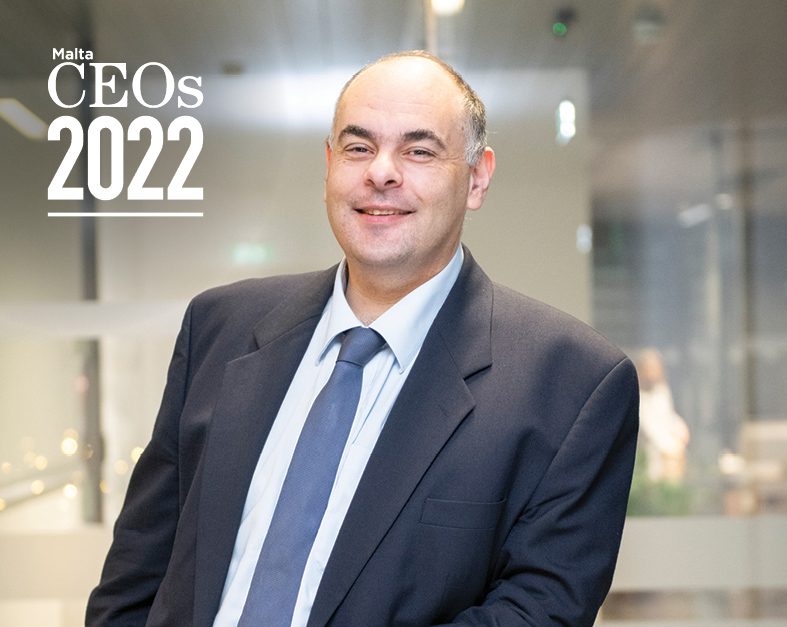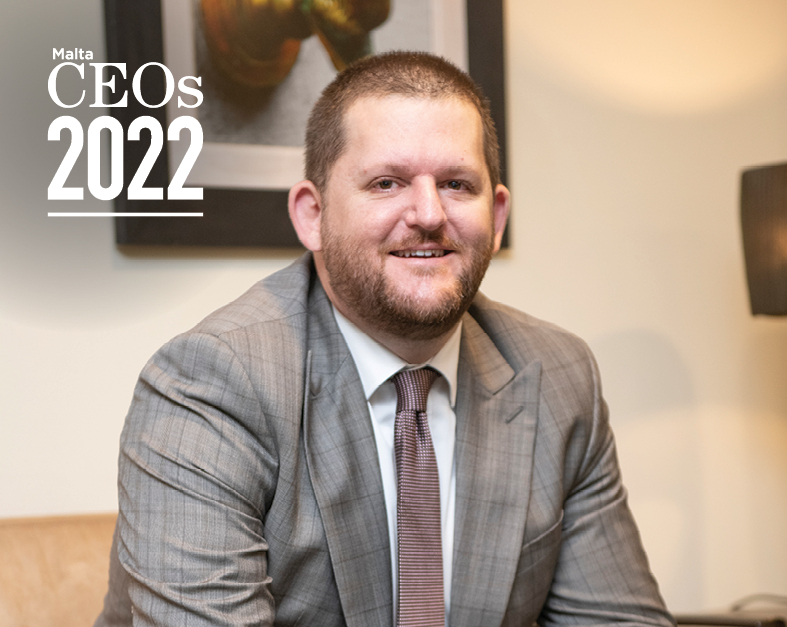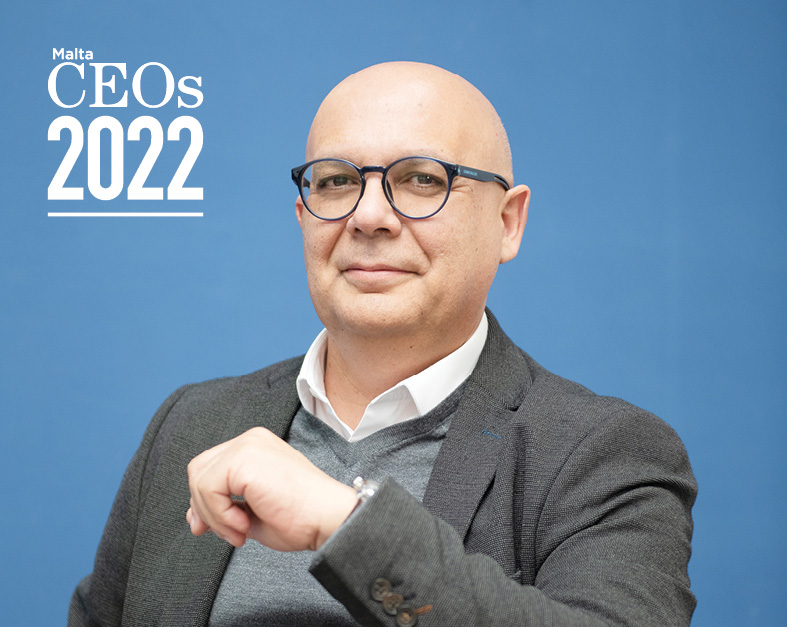Busy Bee is one of the island’s strongest brands, much-loved by consumers for its wholesome delicacies and vibrant heritage. CEO Stefan Borg is determined to ensure that the company’s legacy and drive to continuously set the highest of standard in the industry burn bright in the coming years.
Since its inception in 1933, Busy Bee has been a family business, built on decades of hard graft and intense dedication to the art of confection. So, when Stefan Borg joined the company in 2015, he had a lot to prove. “I initially joined as Projects Manager to take care of all upcoming plans starting with the new factory in Mriehel, although I also oversaw the company’s restructuring, its going public, and the implementation of a new IT system. Having a wealth of experience, I soon became involved at different levels and challenging the status quo, trying to inspire and spur change,” Stefan smiles.
Yet the company was no stranger to change for, over its almost 90-year history, Busy Bee thrived on the constant improvement of its product. Established as a small coffee shop in Msida, the company later became known for its popular Italian sweets, such as dolci di mandorla and its famous cannoli, and an Italian-style gelateria. The firm set the standard for delicacies across the island – and it was a high benchmark to reach. Later, the firm expanded to providing outside catering – becoming a market leader in this respect – as well as setting the foundations to launch the Mriehel flagship store. “There has always been a mentality of quality,” Stefan says. “We don’t take shortcuts, which is why Busy Bee has always been successful: we source the best and freshest ingredients, use no substitutes, and inject a lot of passion and love into whatever we deliver.”
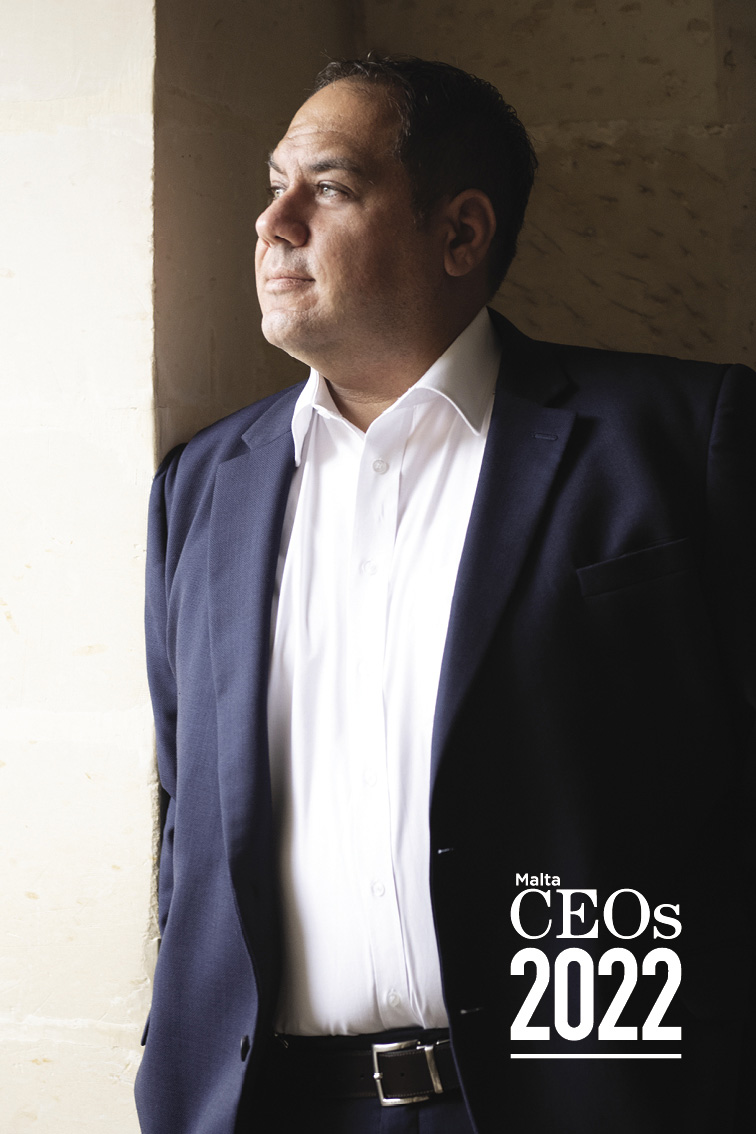
On joining this homegrown success story six years ago, Stefan’s first task was to finance and execute the build for the company’s “dream project” – an 8,000 square metre state-of-the-art factory and facilities in Mriehel. “I’m proud to say that the project was bang on target in terms of timing, and the whole facility was completed in one year and nine months, with no budget overruns. There was a strong team behind me and, as a result, the company was successful in this endeavour,” he enthuses of the €7-million undertaking.
Over and above this challenge, Stefan found himself leading the way across other tasks. “Some say I’ve got a strong character and I usually have a firm opinion one way or the other, so I found myself getting involved in many aspects of the company and leading decisions,” he explains.
“Eventually, I officially stepped into the role of CEO. This position is never a walk in the park since you realise you are calling the shots, and everything falls into your lap. You become responsible for the success of the business, answerable to the Board and responsible for the jobs and well-being of the staff and their families,” he explains.
Since his appointment, Stefan has had his work cut out for him, future-proofing the company and preparing it for further growth. “When I joined the firm, Busy Bee was already evolving, but the operation was growing at a fast pace, with the administrative systems struggling to keep up. This created a bottleneck. However, since we opened the Mriehel outlet, we’ve been able to create spare production capacity, broaden the administration department and keep building on our past successes, which I attribute mostly to my team. On my end, on most days, I’m continuously juggling between the present and the future. As a result, in the past years, change has been the only constant,” he asserts, explaining that another of the main catalysts in the business’ continued evolution was when the firm became a public liability company. “This move, apart from giving Busy Bee access to further capital, and allowing it to undertake the next levels of growth, it also forced the company to focus on its corporate governance and become a professionally run business.”
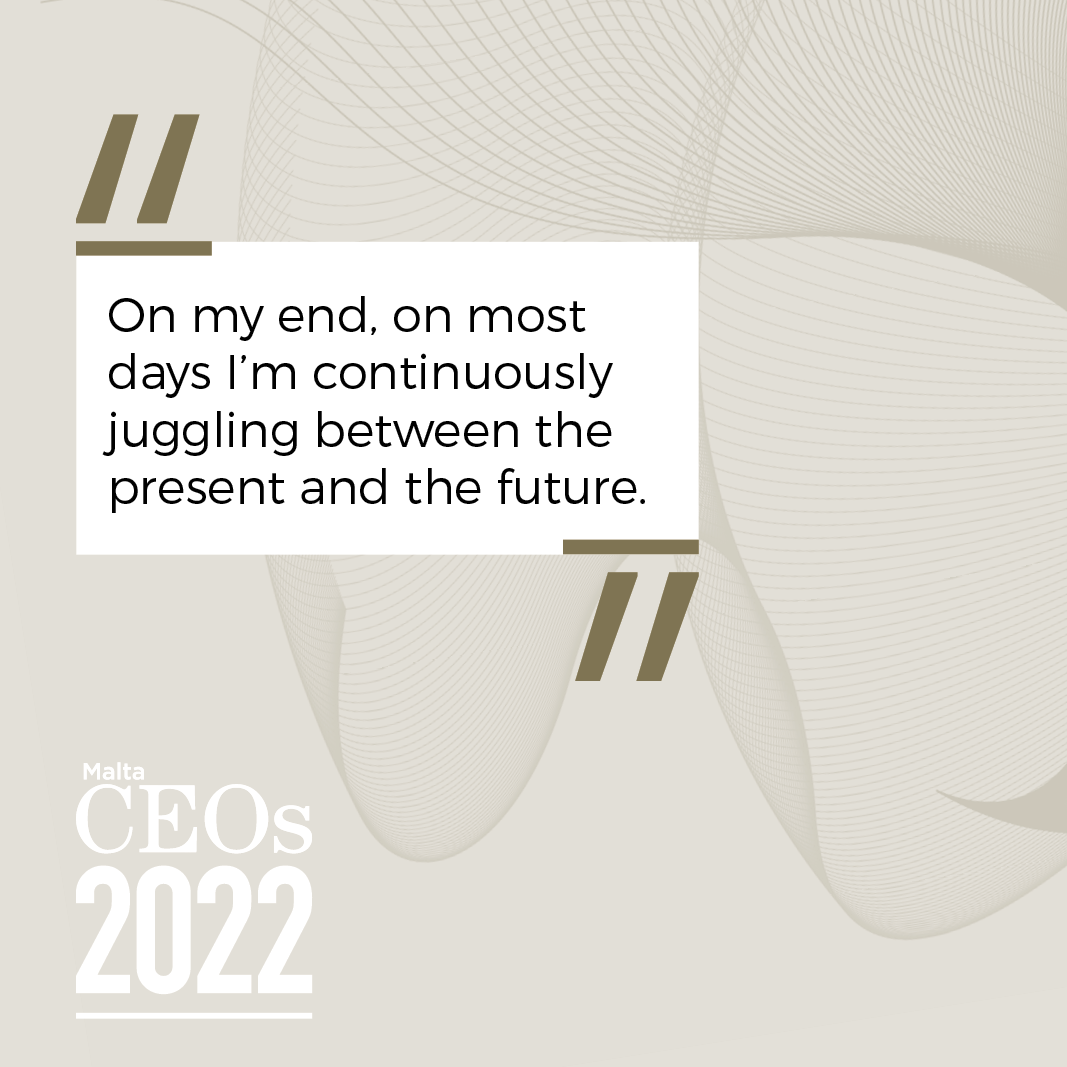
Central to this was an investment in human resources, and the company today boasts over 110 full-time employees and almost 200 part-timers. “You have to have the right elements to support this change; we’ve increased our numbers and hired quality staff – particularly at senior management level. We engage people on merit and today we have a team which is fully capable of adapting to the changing market dynamics.
I value those who think outside the box, and I believe that we have that talent here,” he says. Indeed, “one of the best lessons I’ve learnt over the years is to select staff based not only on their particular skill set, but on their resilience, creativity, personality and attitude. I have to be convinced that the person I’m hiring fits well within the team. Once the right people are on board, you then need to give them enough space to utilise their creativity and critical thinking skills for the benefit of the company.”
Such adaptability has been key over the past 18 months, as COVID-19 wreaked havoc in the catering sector. “Things went haywire, and much of the past two years have involved adjusting to new plans and measures, as well as balancing our financial and human capital. Having to adapt, and not having an end in sight, meant that we were always hoping the decisions taken would be the right ones,” Stefan explains. Much of the disruption came from changing consumer habits, with a shift to digital becoming the prevalent trend overnight. “The move towards online had started before COVID-19, but the pandemic definitely pushed the envelope further in this respect.”
Fortunately, the investments made in IT infrastructure and human resources paid dividends in this scenario,” the CEO explains. “There was no playbook and we had to improvise, finding ways and means to cater to our clients,” he says, citing the fundamental challenges faced when weddings shifted from stand-up receptions to sit-down dinners. “Well, this spelt disaster for us. It meant that our turnover took a hard hit, and we had to invest in new equipment, maintain all the current workforce, and also hire new staff with different capabilities,” he continues.
In light of this adversity, the focus and ability to act quickly became a saving grace. “History teaches us that, after a crisis, there are winners who emerge stronger than before, and those who flounder. Innovation was key for us. We adapted to digital, shifted our offering and, even during the pandemic, came into the office ready to react and think ahead. We were always trying to reinvent ourselves from one week to another,” the CEO explains, outlining the immense support this approach had from employees, as well as the general public. “We work hard for our product, and we always try to match expectations, so this was very encouraging.”
Today, as the crisis has slowly ebbed, Stefan’s day is focused on ensuring momentum is retained. “I wake up early and head straight to the office, touching base with the team as soon as I get there. Indeed, although I have an open-door policy with my staff and I am their point of reference, I want to empower them to solve problems because I am confident we have the right people on board. My job is to ask questions and not to, necessarily, put forward answers and solutions for every problem.”
Looking ahead to Stefan’s ambitions for the company this year, the CEO reveals his hopes for its new Sliema cafeteria, which opened at the end of 2021. “We are counting on it being a success, like our Mriehel outlet. More broadly speaking, the company will continue to focus on facilitating innovation, agility, productivity and accountability. Brands such as ours need to continue to create value to achieve a clear home advantage. I think brand identity and positioning will continue to become more important for businesses like Busy Bee, so we will definitely be giving this area all its due attention.” The CEO maintains that the company’s winning business model will continue to pay dividends – “we’re very careful about what to change and what to retain, so we will continue to build and consolidate what we currently have on offer.”
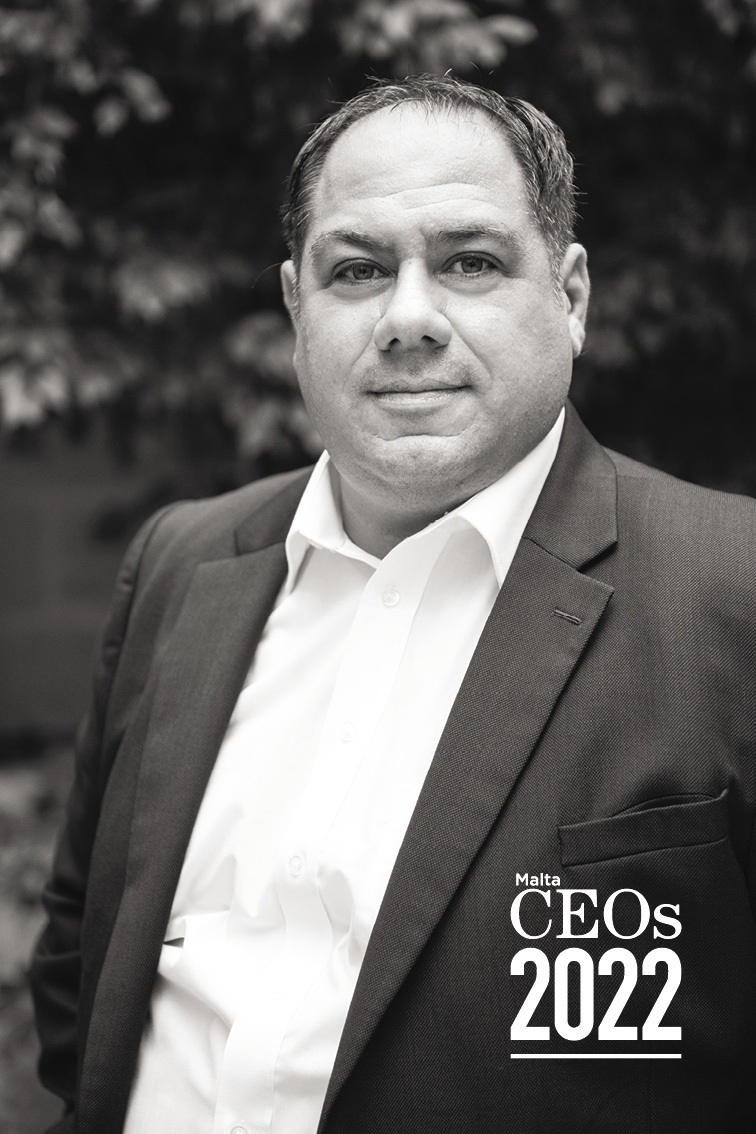
He does sound a note of warning, however. “I think that, as time goes by, we’ll find it harder to find the right people – this is, somewhat, already happening. Our institutions are simply not producing enough skilled employees. Lack of available workforce keeps stalling our growth and blatant poaching between companies will raise costs and weaken the foundations of our industry,” he predicts.
Stefan is not going to let these issues deter him and he remains focused on success over the course of the next months. “By the end of this year, we will retain our current position as one of Malta’s leading outside caterers and achieve pre- COVID-19 figures. Our shops will keep improving their offering and capture market share, and following the success of our Sliema outlet we will be increasing our reach over the territory. However, we’ll still take things step-by-step with our ears glued to the ground,” he concludes.
This article is part of the serialisation of 50 interviews featured in MaltaCEOs 2022 – an annual high-end publication bringing together some of the country’s most influential business leaders.
‘Networking is everything in our line of work’ – WES Trade CEO Alessio Bucaioni
MaltaCEOs 2022 serialisation: For seven years, WES Trade has helped an expansive range of clients internationalise their products and services.
‘Something can appear out of the blue and change everything’ – CEO Joseph Attard
MaltaCEOs 2022 serialisation: Unsurprisingly, given his technical background, Joseph’s approach is very hands-on.
‘Our key people help us provide the quality of service we expect’ – RiskCap CEO
MaltaCEOs 2022 serialisation: CEO Paul Magro counts building successful teams and opening an office in London among his achievement.
‘We’re the fourth busiest port in the Mediterranean’ – Malta Freeport Corporation CEO
MaltaCEOs 2022 serialisation: CEO David Magro is keenly aware of the responsibility his position carries.


